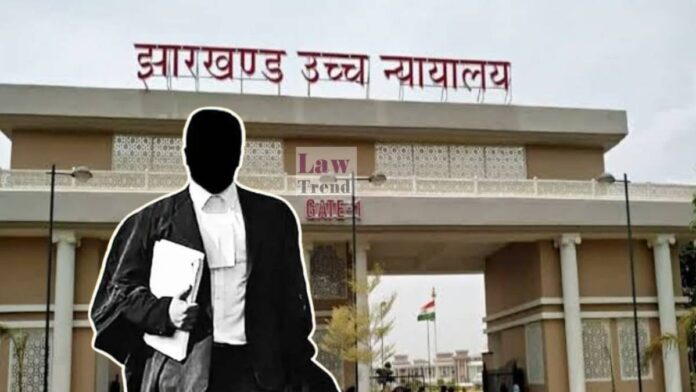The High Court of Jharkhand, in a significant order concerning courtroom decorum and contempt proceedings, has accepted the unconditional and unqualified apology of an advocate, Mr. Rakesh Kumar. Justice Sanjay Kumar Dwivedi allowed the advocate’s petition, expunged adverse remarks made against him in a prior order, and requested the Jharkhand State Bar Council to halt
To Read More Please Subscribe to VIP Membership for Unlimited Access to All the Articles, Download Available Copies of Judgments/Order, Acess to Central/State Bare Acts, Advertisement Free Content, Access to More than 4000 Legal Drafts( Readymade Editable Formats of Suits, Petitions, Writs, Legal Notices, Divorce Petitions, 138 Notices, Bail Applications etc.) in Hindi and English.




